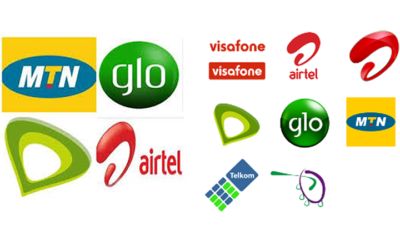Telecommunications
Glo Lunches ALWAYS ON To Retain Subscribers’ Lines For A Year

Telecommunications
MTN, Telecom Firms Urge Government Support for Tariff Hike Amid Economic Downturn
Telecommunications
Telecom Firms Face N56 Billion Monthly Diesel Bill Amid Power Woes
Telecommunications
MTN Nigeria Revises IHS Lease Terms, Aims for N100 Billion Yearly Savings
-

 Naira4 weeks ago
Naira4 weeks agoDollar to Naira Black Market Exchange Rate Today 24th, September 2024
-

 News3 weeks ago
News3 weeks agoBbnaija’s Wanni Wins Innoson Car Challenge, Secures First Vehicle with Twin Sister
-

 Education4 weeks ago
Education4 weeks agoFederal Government Approves 133% Allowance Boost for NYSC Members, Now ₦77,000
-

 Social Media4 weeks ago
Social Media4 weeks agoTelegram to Expose Users Who Use Platform For Criminal Activities, Share Data With Relevant Authorities
-

 Technology4 weeks ago
Technology4 weeks agoNokia Partners With Zain Iraq to Boost Network Capacity With Advanced Microwave Technology
-

 Dividends4 weeks ago
Dividends4 weeks agoAccess Holdings to Pay N15.99 Billion Interim Dividend, Aig-Imoukhuede to Receive N1.151 Billion
-

 Investment4 weeks ago
Investment4 weeks agoCoca-Cola $1billion Investment: Manufacturers Association Shares Two Cent
-

 Economy4 weeks ago
Economy4 weeks agoFG Awards N158bn Lekki Port Service Lanes Construction to Dangote























